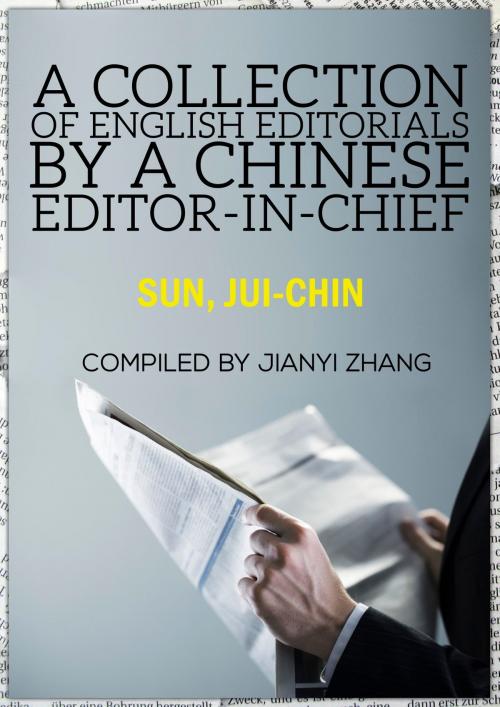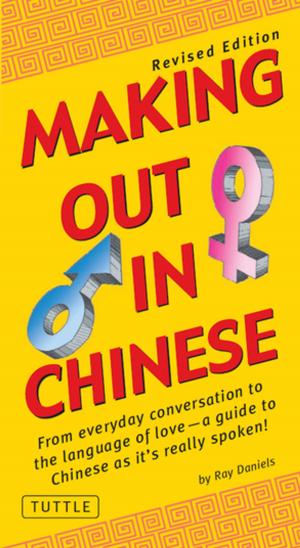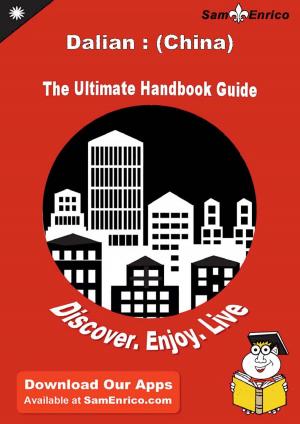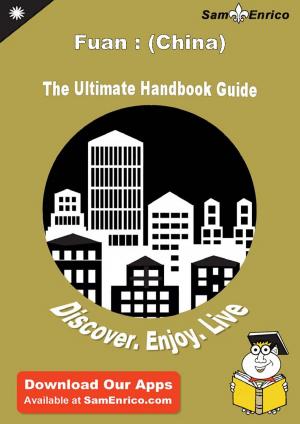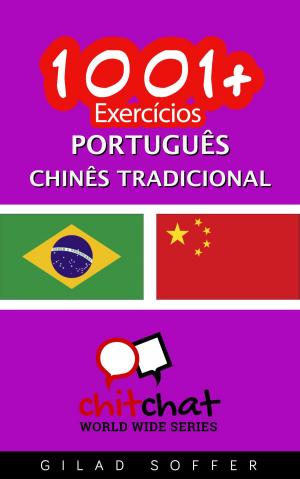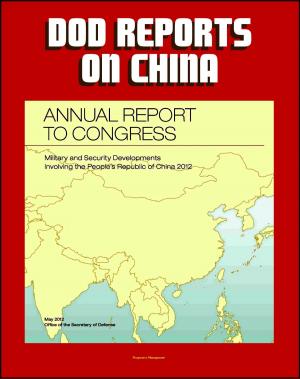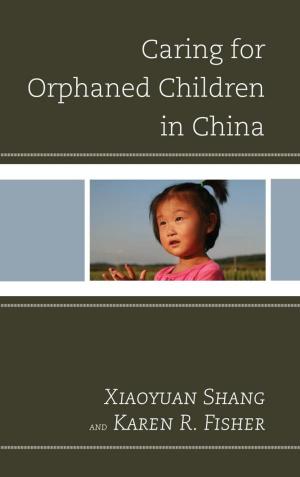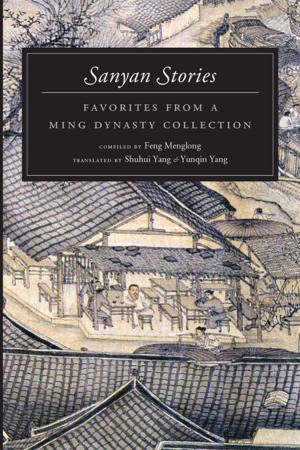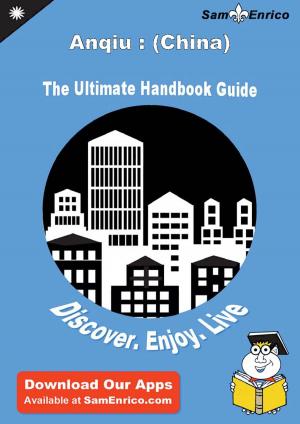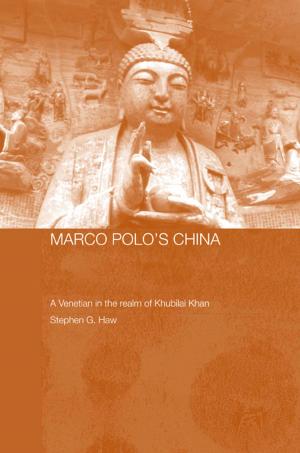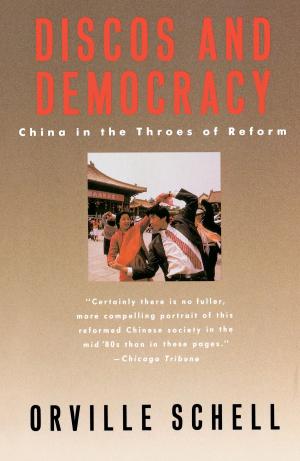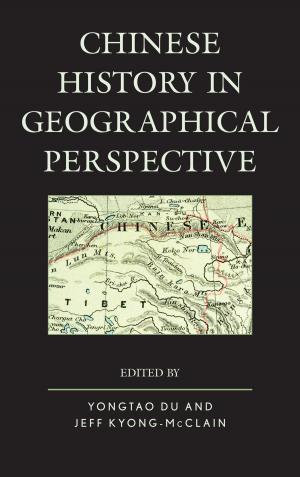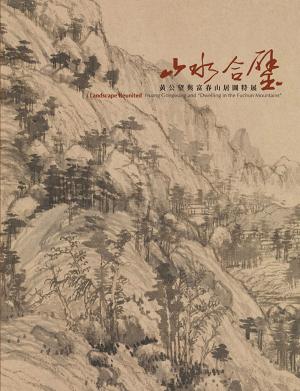| Author: | Jianyi Zhang | ISBN: | 9781311320070 |
| Publisher: | Jianyi Zhang | Publication: | August 1, 2014 |
| Imprint: | Smashwords Edition | Language: | English |
| Author: | Jianyi Zhang |
| ISBN: | 9781311320070 |
| Publisher: | Jianyi Zhang |
| Publication: | August 1, 2014 |
| Imprint: | Smashwords Edition |
| Language: | English |
Chinese is a very difficult language to the Westerners, so is English to the Chinese. Over 70 years ago, there was a Chinese journalist who could master English excellently and was highly appreciated by a well-known English newspaper—Peiping Chronicle, a government- sponsored newspaper in Peiping. He was appointed as a director and editor-in-chief from October 1945 to September 1946. It was then extremely rare for a Chinese to hold such a position. His major job was to write editorials a few times a week, expressing his own views as well as the newspaper’s. His tenure on the post lasted about one year, so 200-250 editorials were expected of him. However, only 72 were found in the Library of Congress.
Sun, Jui-chin had all his education inside China without going abroad and he did not major in English at college. So his English writing skills were almost self-taught. However, his editorials and news reports were as if they were written by a native English speaker.
Sun, Jui-chin’s editorials covered a wide range of subjects, such as post-war issues like the question of confiscation of assets owned by Taiwanese, improving compensations for newsmen and teachers, improving prison conditions, etc.
Sun Jui-Chin was not only an expert in English language, but also a conscientious independent intellectual. He courageously voiced his opposition to numerous government policies, expressed his sympathy to the underdogs and the poor. Unfortunately he was asked to resign from the position as he was too critical of the Government.
There are many famous figures covered in his editorials, such as Shi Hu, Bishop Yu Pin, Hsu Mo, George Yeh, Pu Yi, who might influence China politically and culturally.
People who like to learn the Chinese history in the period will be rewarded by reading this book.
Chinese is a very difficult language to the Westerners, so is English to the Chinese. Over 70 years ago, there was a Chinese journalist who could master English excellently and was highly appreciated by a well-known English newspaper—Peiping Chronicle, a government- sponsored newspaper in Peiping. He was appointed as a director and editor-in-chief from October 1945 to September 1946. It was then extremely rare for a Chinese to hold such a position. His major job was to write editorials a few times a week, expressing his own views as well as the newspaper’s. His tenure on the post lasted about one year, so 200-250 editorials were expected of him. However, only 72 were found in the Library of Congress.
Sun, Jui-chin had all his education inside China without going abroad and he did not major in English at college. So his English writing skills were almost self-taught. However, his editorials and news reports were as if they were written by a native English speaker.
Sun, Jui-chin’s editorials covered a wide range of subjects, such as post-war issues like the question of confiscation of assets owned by Taiwanese, improving compensations for newsmen and teachers, improving prison conditions, etc.
Sun Jui-Chin was not only an expert in English language, but also a conscientious independent intellectual. He courageously voiced his opposition to numerous government policies, expressed his sympathy to the underdogs and the poor. Unfortunately he was asked to resign from the position as he was too critical of the Government.
There are many famous figures covered in his editorials, such as Shi Hu, Bishop Yu Pin, Hsu Mo, George Yeh, Pu Yi, who might influence China politically and culturally.
People who like to learn the Chinese history in the period will be rewarded by reading this book.
